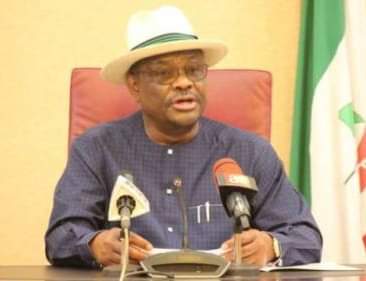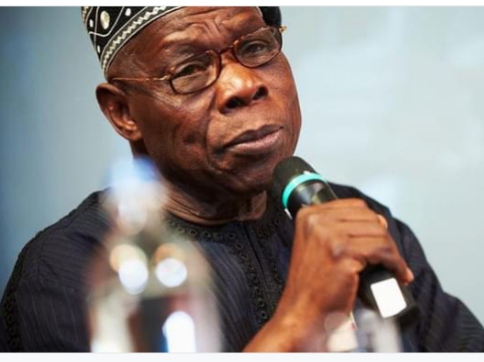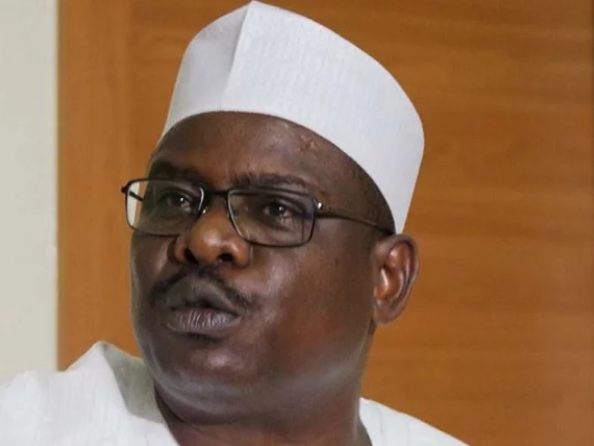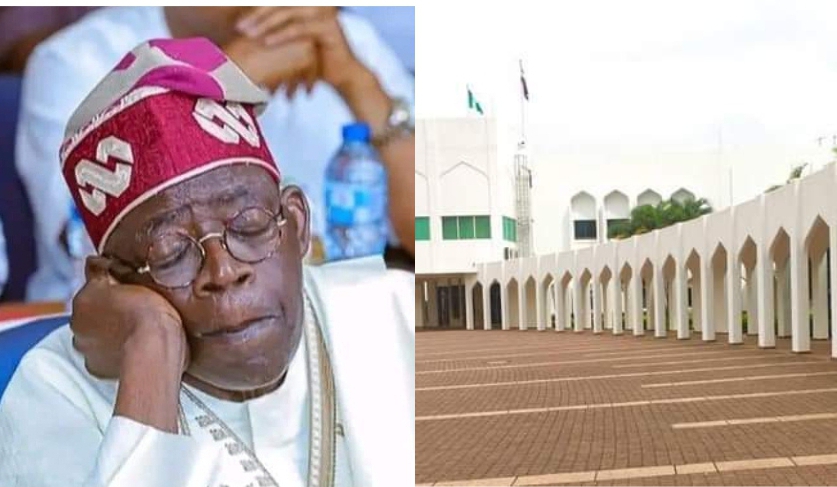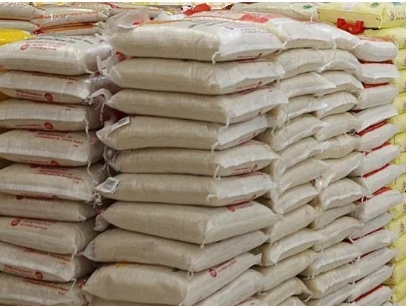BREAKING: Naira Hits 1,500/$
Information reaching Ibom Focus says that Naira hits 1,500/$
The Group Managing Director of Cowry Asset Management Limited, Johnson Chukwu, has projected that in a worst-case scenario, the Nigerian currency may depreciate to N1,500 against the dollar during the year.
Chukwu said this on Wednesday during the investment house’s 2023 Quarter 4 & Full Year review of the Nigerian economy and outlook for 2024.
Presenting the outlook for the year, Chukwu said, “The worst case scenario is that the naira could worsen to N1,500 against the dollar.”
He stressed the need to strengthen crude oil production to boost forex receipts.
Chukwu added that in a best-case scenario, the exchange rate would be at N800 per dollar, a moderate-case scenario pegs the rate at 1,000/$.
The naira closed at 891.04/$ on the Nigerian Foreign Exchange Market on Thursday.
The Central Bank of Nigeria in June announced the harmonisation of the segments of the foreign exchange market.
On the $1tn economy projection by President Bola Tinubu by the end of this decade, Chukwu was doubtful, especially as it affects the proposed banking recapitalisation exercise.
He said, “The central bank governor had indicated his intention to drive for an enhanced regulatory capital requirement for banks operating in Nigeria, premised on a projected $1tn economy by 2030.
“The required new capital is also to address the impact of the naira devaluation on the bank’s balance sheet. The challenge with the proposed recapitalisation is that the Nigerian economy is very unlikely to become a $1tn economy by 2030 or even a decade after the timeline.
“Compelling the banks to carry a capital base for an economy of the projected size will lead to suboptimisation as such funds would have gone to other pressing sectors where they can generate higher returns to the investors and to the economy.”
The financial expert projected that the construction sector would likely to drive growth in the economy.
“We think the sector that will drive growth is the construction sector,” he noted.
Chukwu premised his argument on the fact that the federal allocations to the federal, state, and local governments have increased due to the devaluation of the naira.
He argued that the three tiers of government are expected to pour funds into infrastructure, which in turn will impact the construction industry.
He said, “We maintain a cautious outlook for 2024. While acknowledging major economic policy reforms embarked on by the government and recognise the multifaceted challenges hindering Nigeria’s sustained and inclusive economic growth.
“We, however, anticipate a marginally higher real GDP growth with expectations of improved performance by the construction sector, ICT, finance and downstream oil sector, aligned with the commencement of operation of Dangote and Port Harcourt refineries.
“The current administration, in its quest to restore Nigeria to the path of prosperity, must implement strategic fiscal reforms that are pro-growth, aiming for economic liberalisation and growth.” According to Chukwu, achieving this will require a transparent approach to the implementation of ongoing fiscal reforms, focusing on efficient taxation, blocking all fiscal leaks, reforming the judiciary, particularly commercial cases, and optimising the public sector.
He maintained that those reforms were critical integral to restoring economic growth.
On the exodus of companies from Nigeria, Chukwu said, “In 2023, major multinational firms publicly declared their intention to cease operations due to the challenging business environment. This environment, marked by incoherent foreign exchange policies hindering profit and dividend repatriation, has left many companies incapacitated.
“Notable entities, such as Unilever, GlaxoSmithKline, Sanofi, Equinor, Procter & Gamble, Jumia Food and Jubilee Syringe, have either left or announced plans to halt operations in Nigeria.”
He remarked that to address the challenges faced by those companies was imperative to mitigate the adverse effects of their exit, which include rising unemployment and the escalating costs of essential commodities.
“The anticipated commencement of operations at Dangote Refinery in the first quarter of 2024, along with the Port Harcourt Refinery, could be pivotal moments for Nigeria’s petroleum sector.
“Given that fossil energy remains central to Nigeria’s economy and the African Energy Chamber’s projections of a potential drastic fall in Africa’s crude oil production, these refineries could play a crucial role in alleviating supply concerns for the nation and its citizens.”





